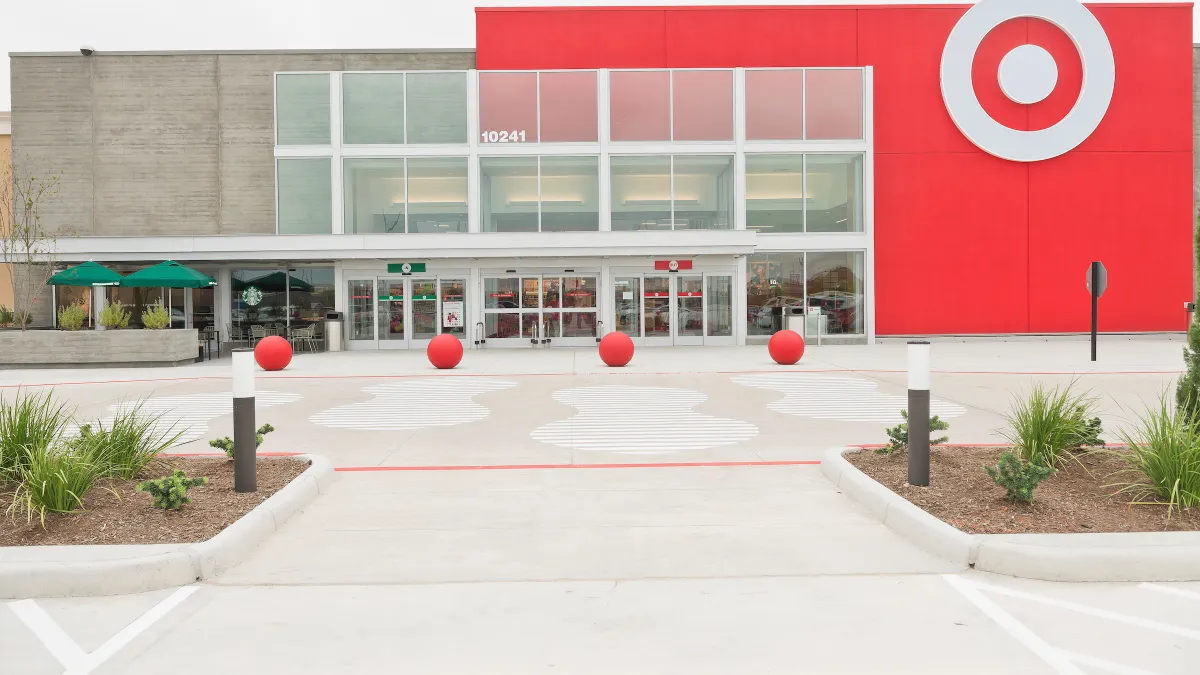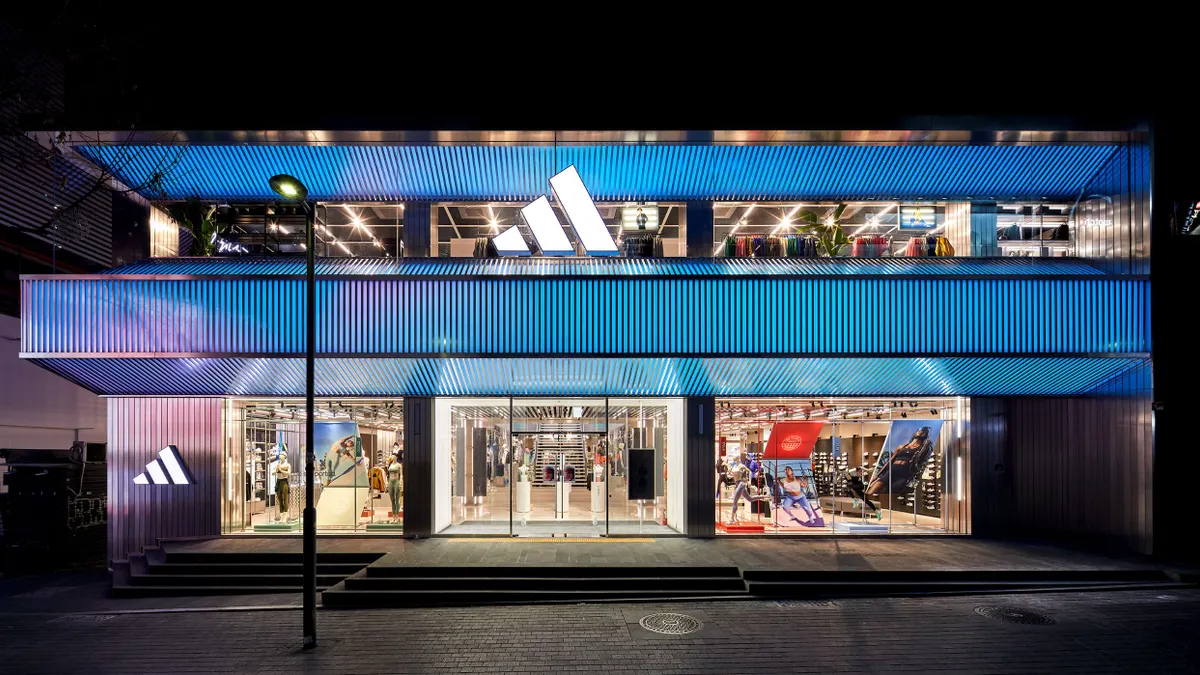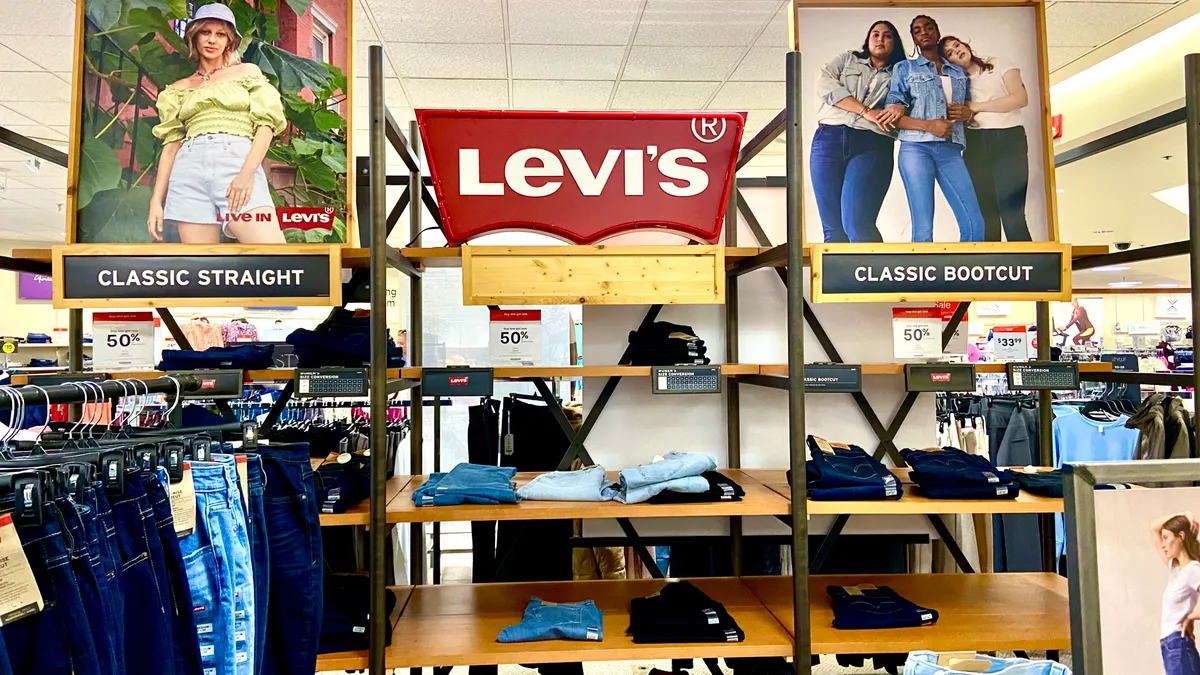Last year was a transformational year for many in retail — and not all companies made it out intact. For Target, 2017 was a year of putting in place a plan to turnaround the business. This year, it's all about acceleration, CEO Brian Cornell said in a call with investors Tuesday.
The mass merchant posted a healthy fourth quarter report signaling it had a good holiday and start to the year, boasting a 3.6% uptick in comparable sales and a 29% boost to e-commerce. Overall sales increased 10% to $22.8 billion.
"What’s most encouraging to me is that we can't hang these results on any one single aspect of our strategy. Rather, it’s a sum of the parts," Cornell said. "Everything working together and everything working carried the day. While we are obviously pleased with the results, there’s no time for a victory lap, because you know and I know we still have a lot of work left to do."
Part of that is insuring a profitable future. Wall Street dinged the retailer for climbing expenses Tuesday, but Cornell assured investors that investments are all part of a plan to boost the company's bottom line and employee engagement.
During the call, Cornell announced that Target will boost its starting minimum wage from $11 (a measure implemented in September) to $12 beginning this spring for existing workers, who will see a wage increase within six months. The company also previously committed to boosting wages to $15 an hour by 2020. Cornell said Target will continue to invest in employee education and noted that after the wage increase in the fall, applications increased by 30% and it drew in a "much stronger pool of talent to hire from."
The company has been looking to boost store associate moral in less obvious ways too.
At the start of 2017, Target told employees that if their locations posted same-store gains for the year, they could wear jeans on the weekends. "Expect to see a lot more denim," Cornell told investors with a chuckle.
In the year ahead, Target is certainly doubling down on refreshing stores — 325 stores will be remodeled and 30 new small-format stores will roll out (including three today) — but perhaps more important are the efforts it's making to blend the functionality of those locations with digital purchases.
"I think the investments we’re making in Shipt, in Drive Up and other services positions Target uniquely as we move into this next era of retailing," Cornell said.
A piece of that is buy online/pickup in store. By the end of the year, Target will expand its 50-store test of Drive Up to 1,000 stores. The service allows customers to order online or on mobile, drive to the store and park in a designated spot while Target employees bring their items out to the car. The company is also expanding its same-day delivery service from Manhattan to all five boroughs and several other big markets.
These options are helping Target "to bring joy to our guests lives," Bruce Starnes, Target vice president of digital solutions told attendees at eTail West last week. Consider curbside pickup for online orders: Think about a mom in Minneapolis, in winter, with kids in the car, not having to go into the store, he said. "That's a lot of joy man, if you don't have to go in."
Thanks to the acquisition of Shipt early this year, Target will also roll out free two-day shipping for orders over $35 with no membership required. REDcard holders, however, aren't held to a minimum purchase for free two-day shipping. That's a big change for the company, which previously only offered free shipping on orders over $35 to REDcard holders. It's a major competitive move as well, considering Amazon requires a minimum of $25 (or a Prime membership) and Walmart $35.
Up against two major behemoths, Target doesn't want to be counted out. Moving forward, Cornell said "newness and innovation are essential." The company is exploring technology like AI, CGI and machine learning, while also "reimagining" a more flexible supply chain and fulfillment from stores, and keeping its brand portfolio fresh with new private label lines.
When it comes to product development and omnichannel, Target is on the right trajectory, Managing Director of GlobalData Retail Neil Saunders said in a statement emailed to Retail Dive.
"Not only does [the 3.6% comparable sales lift] indicate that Target's omnichannel strategy is delivering, but it also shows that the store enhancements are working," he said. "In essence, it justifies Target's view that stores remain a critical part of the proposition and are worth spending money on."
But grocery is still very much a work in progress for the retailer and neither Cornell, or other executives, made much mention of the segment — one that it needs to improve on to truly compete with Walmart and Amazon, thanks to its acquisition of Whole Foods. "Our one criticism on grocery is that seemingly little effort was made to push holiday food and drink, especially at the premium end of the offer," Saunders said. "In our view, Target's holiday food proposition was extremely lackluster compared to competitors."
Despite an overall positive report, Saunders added that sustainability of performance is an open question, considering the industry overall has trended positively. But Target will likely continue to improve its position as it steps on the gas with enhancements.
"The benefits of further store refurbishments, more investment in own-label products and the driving of digital growth from the integration of Shipt, will all aid future performance," said Saunders. "In short, Target is a company on the move, and it is gaining momentum."





















